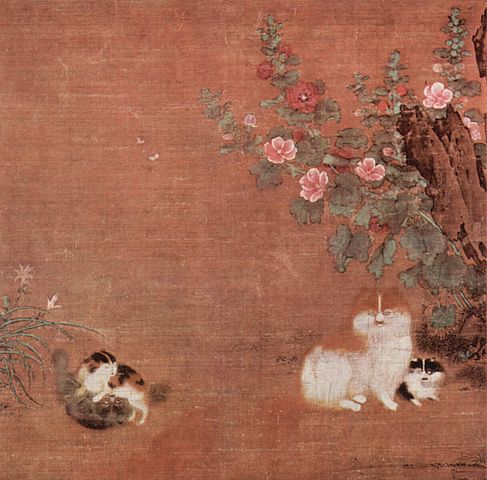
Thammasat University students who are interested in Chinese studies, history, sociology, anthropology, literature, and related subjects may find a newly available book useful.
Chinese Autobiographical Writing: An Anthology of Personal Accounts is an Open Access book, available for free download at this link:
https://directory.doabooks.org/handle/20.500.12854/97548
It is edited by Patricia Buckley Ebrey, Professor Emerita at the Department of History, University of Washington, the United States of America, and colleagues.
The TU Library collection includes other books about different aspects of Chinese autobiography.
The publisher’s description of the book explains:
Personal accounts help us understand notions of self, interpersonal relations, and historical events. Chinese Autobiographical Writing contains full translations of works by fifty individuals that illuminate the history and conventions of writing about oneself in the Chinese tradition. From poetry, letters, and diaries to statements in legal proceedings, these engaging and readable works draw us into the past and provide vivid details of life as it was lived from the pre-imperial period to the nineteenth century. Some focus on a person’s entire life, others on a specific moment. Some have an element of humor, others are entirely serious. Taken together, these selections offer an intimate view of how Chinese men and women, both famous and obscure, reflected on their experiences as well as their personal struggles and innermost thoughts. With an introduction and list of additional readings for each selection, this volume is ideal for undergraduate courses on Chinese history, literature, religion, and women and family. Read individually, each piece illuminates a person, place, and moment. Read in chronological order, they highlight cultural change over time by showing how people explored new ways to represent themselves in writing.
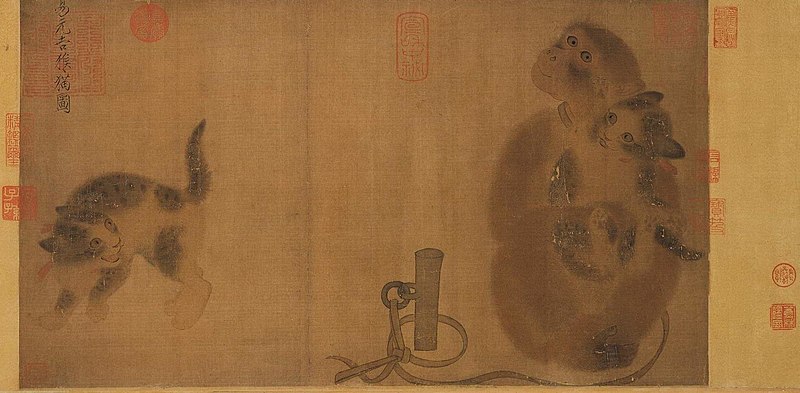
Among the translated texts is a message from a daughter who was traveling far from her family, over two thousand years ago:
. . . I have been away for a long time and miss you deeply. Unfortunately, we are separated by clouds and rivers . . . I long for you helplessly. The last month of summer is extremely hot . . . I wish you good health and every comfort, as if I am serving you at your side. Outside . . . How have you been since we parted? I hope you are adapting to the change of seasons. Take great care of yourself. This is my humble wish. Since leaving home, I, Er’niangzi, accompanied the imperial commissioner and minister of works of the Guiyi Circuit and arrived at the eastern capital, Luoyang, on the seventh day of the intercalary third month of this year. The trip went well. My stay here is also peaceful and pleasant; please do not worry from far away. Since the season is now at its most sweltering, I earnestly hope Mother and everyone else in the family rest well and eat regularly. Please do take it easy, and don’t worry about me, Er’niangzi, here. I am sending a piece of red brocade to Elder Sister as a gift; it is tuan brocade. The plain violet undergarment is also for Elder Sister. The half bolt of white damask silk is for Mother. I thought about sending other goods but worried that they might not reach you, so I do not dare to send them with this letter. Please forgive the paucity of my gifts. [Since I have been away for so long], I respectfully write this letter of greeting, though it is nowhere near sufficient. Daughter Er’niangzi writes, with respectful bows to Mother, on the twenty-first day of the sixth month. PS. As for my sister’s sons, Mosi and Huaizhu, I assume they are well and happy. I am sending two pieces of red Tuanchao brocade and a small mirror as gifts for them.
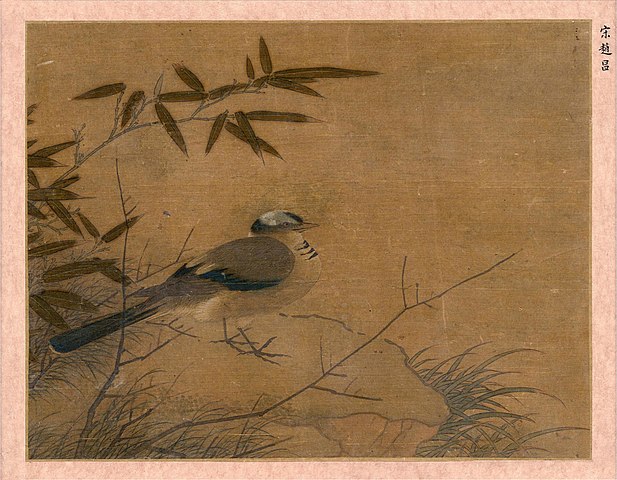
Around 1900 years ago, Zheng Xuan, one the most accomplished scholars of the Confucian classics in Chinese history, wrote to his son:
This year, I reached seventy. My past work is in shambles, and I still find mistakes here and there. I will make some changes based on the classics so that I can pass them down to you. Hereby I inform you that I will retire and leave day-to-day affairs to you. I will lead a leisurely and peaceful life and focus on completing my work. Aside from receiving an order from the emperor, consoling relatives in distress, paying respect at the ancestors’ tombs, or observing wild animals, have I ever grabbed my cane and walked out of the door? The great and small affairs of the family, you must now shoulder them all on your own. Ah, you solitary man, you never had a sibling to depend on! You should make every effort to seek the Way of the gentleman, to study and explore incessantly. You should be respectful to those with dignity and stay close to those who are virtuous. Illustrious reputations come from colleagues and friends, but virtuous conduct comes from one’s own aspirations. If one achieves fame and acclaim, this will also bring honor to one’s parents. Won’t you keep this in mind? Won’t you keep this in mind! Even though I did not leave behind the accomplishment of high office, my refusal of an appointment was high-minded. I am content with the fact that in completing all those commentaries and annotations of the ancient texts, I will not bring embarrassment to later generations. In the end, what really upsets me is the fact that I have not been able to complete my parents’ tombs, and that the books I love are crumbling and I did not manage to get them into the Imperial University so they could be passed down. With the sun setting, do I still have time to make it up? Our family is now a bit better off than in the past. If you work diligently and follow the farming seasons closely, you will not have to worry about being hungry or cold. You should eat lightly and wear simple clothes; moderation on both matters will lessen my worries. If you forget or do not understand what I said, then I give up.
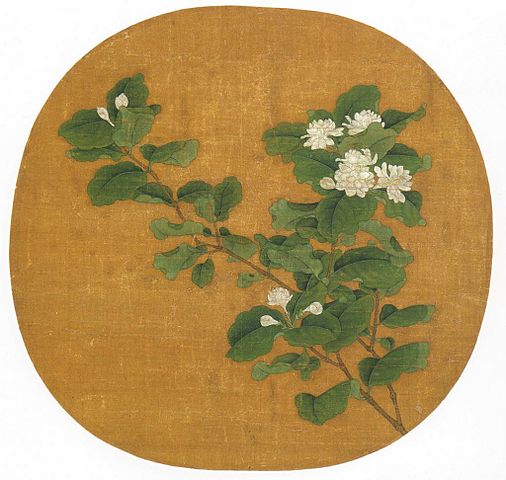
About the same era, Emperor Wu of the Liang dynasty noted how he decided to become a vegetarian:
Prior to taking the throne, I focused only on Confucian rites and duty and did not understand Buddhist faith and belief. I slaughtered and cooked sentient beings to entertain guests. I regularly ate meat and hardly knew the taste of vegetables. After I ascended the throne, the wealth of the entire empire was at my disposal. Delicacies from afar were presented to me one after another; exotic food was delivered to me all the time. Sumptuous feasts were a constant occurrence; the kitchen was well stocked with gourmet food. However, whenever I was about to eat, I would put down my chopsticks and sob. I was sorry that I could not fulfil the filial obligation of serving my parents day and night. How could I possibly enjoy a feast by myself? Hence, I started eating only vegetarian fare and would not take a single bite of fish or meat. At first, I did this secretly, without telling anyone. Then when I hosted banquets for court officials, I followed my dietary routine, but since I had not gotten used to a vegetarian diet, my body looked sallow and weak. That was when officials began to realize what I was doing. Xie Fei, Kong Yanying, and others repeatedly urged me to give up my vegetarian diet. This reflected their loyalty to me but nevertheless was not what I wanted. Besides, I reminded myself that it had never been my ambition to become the ruler.
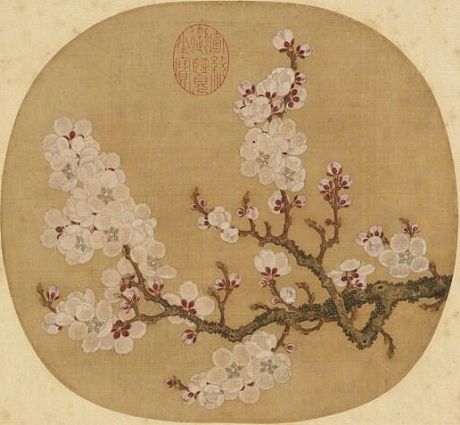
(All images courtesy of Wikimedia Commons)
